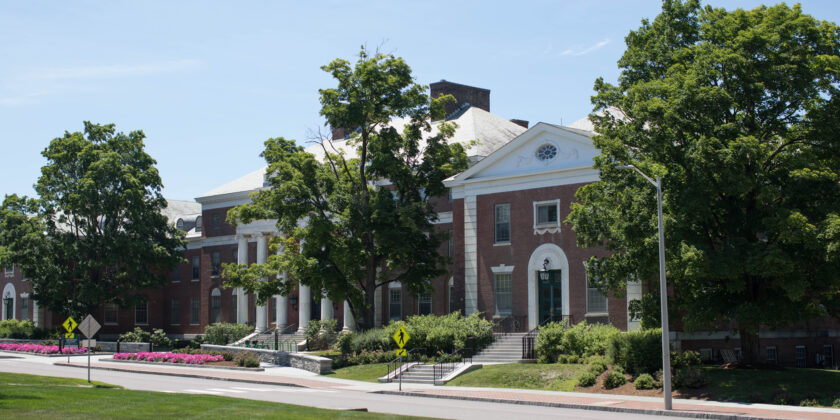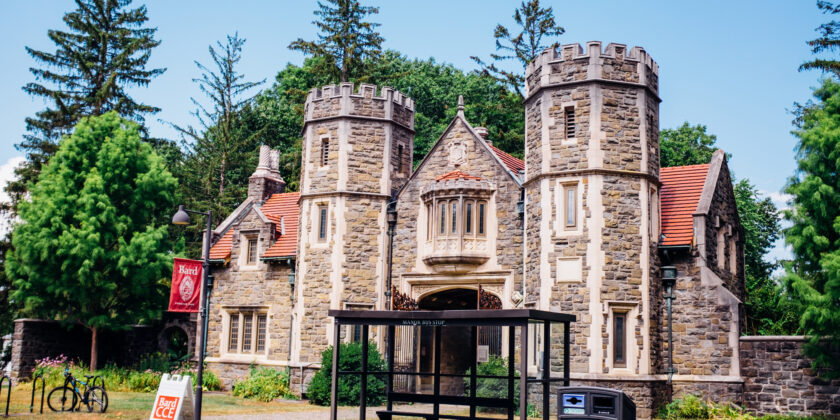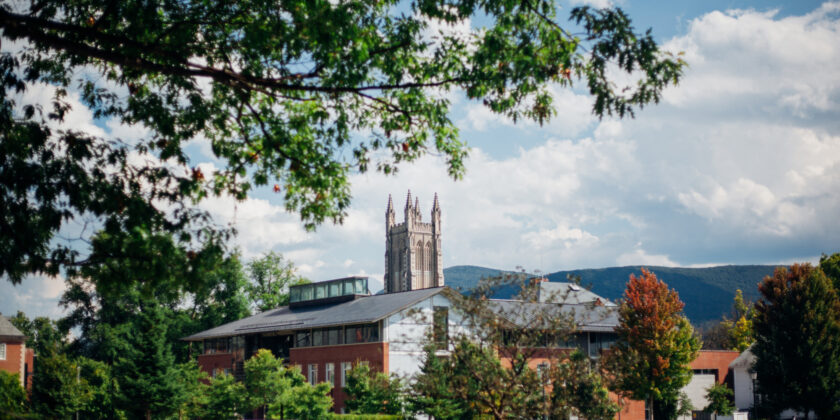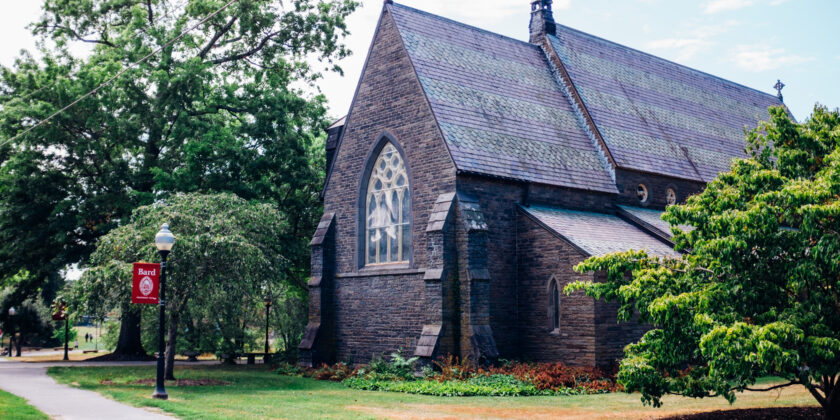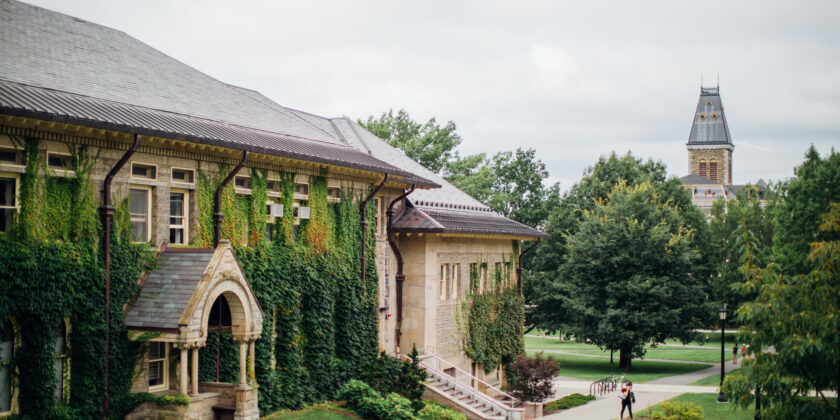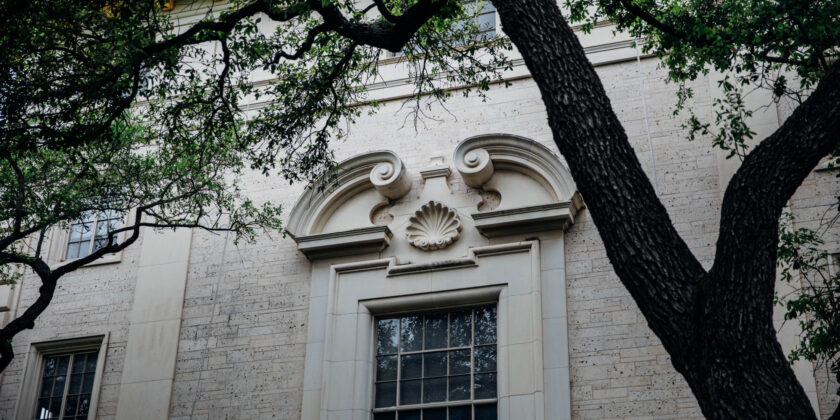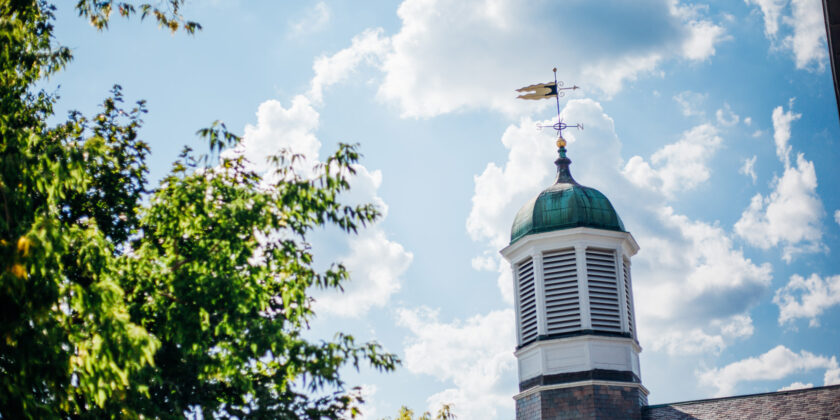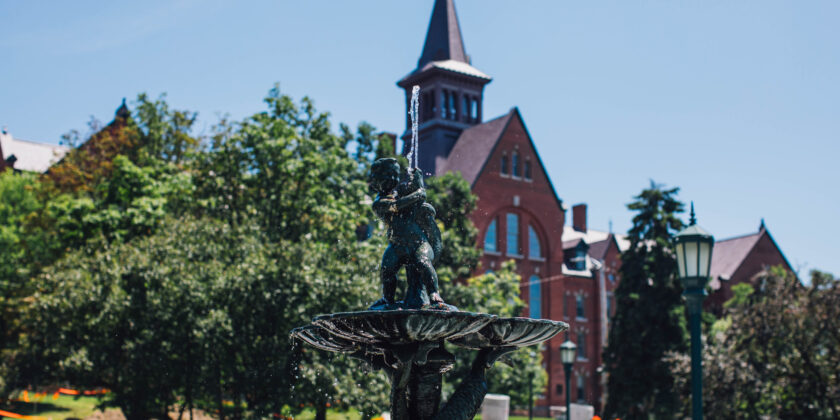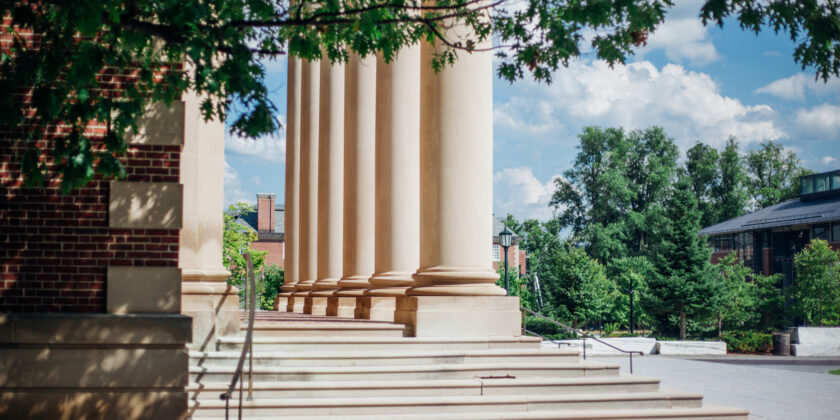Colleges are starting to outline potential next steps if affirmative action is overturned and race can no longer be explicitly used as a factor in the admissions process.
A recent article in the Brown Daily Herald noted:
Associate Provost for Enrollment Logan Powell says essays would focus on race as one part of identity, describes ‘structured meetings’ of Brown officials to prepare for rulings
And today, Penn’s DP posted about how Penn may respond if affirmative action is overturned. The DP also noted diversity statements (aka essays)
Half of The Complete College Essay Handbook is dedicated to supplemental essays, which are the essays schools can request in addition to the Common App essay (aka the personal statement). Once you know the story you’re conveying in your personal statement, you can use the supplements to “round out” your application, whether by elaborating on an extracurricular, conveying your interest in an area of study, or even focusing on meaningful aspects of your identity or a community to which you belong.
Community and Identity is one of the four types of supplements we discuss in the book, and it’s this category of essay Provost Powell is referencing. If race-conscious admission is eliminated, more essays of this type should emerge on applications and become even more critical in the efforts of colleges to build well-rounded, diverse classes.
Through Community and Identity essays, admissions officers hope to get a sense of not only who you are and what shapes you but also how you interact with others in a group setting—a skill needed in college and your career. Often, Community and Identity essays are just as personal as the personal statement, though many are much shorter in length, averaging between 250 and 450 words.
The types of communities you belong to might include but are not limited to:
- Racial and ethnic communities
- The LGBTQ+ community
- Religious community
- School community
- Geographic community (could range from a specific neighborhood, city, or state to a whole country if you’re applying as an international student)
- A specific socioeconomic community
- Family community
- A community based around a job, an extracurricular, or a hobby
- Any other special school and/or local groups
- Any other group you were born into (e.g., having a physical disability or a chronic illness, being an only child, having red hair)
You might have noticed that many of these communities speak to diversity in some way. Diversity is something admissions officers want, and now more than ever before might need, to learn about when they ask you to discuss your communities and identity. Diversity encompasses a wide range of other aspects of identity. Diversity is whatever experience or aspect of your identity makes you unique. The communities we belong to often help determine and define this difference. Community, identity, and diversity are all closely intertwined.
Reflection is also an important component of many Community and Identity essays. When considering your identity in relation to a community, you will need to reflect on your role within that community, consider what it means to you, and examine what you have learned as a member. This means you can’t simply describe or celebrate the community or simply list all the accomplishments you’ve had as a member; you should take the time to reflect on the difficulties (and joys) of being a part of that community and how that community has helped make you who you are today.
For sample Community and Identity essays and a deeper discussion of how to approach writing this type of essay, grab a copy of The Complete College Essay Handbook. If you would like a complimentary copy for your school library or counseling office, or if cost is a barrier, please write to us.
*Stay in the know! Subscribe*
